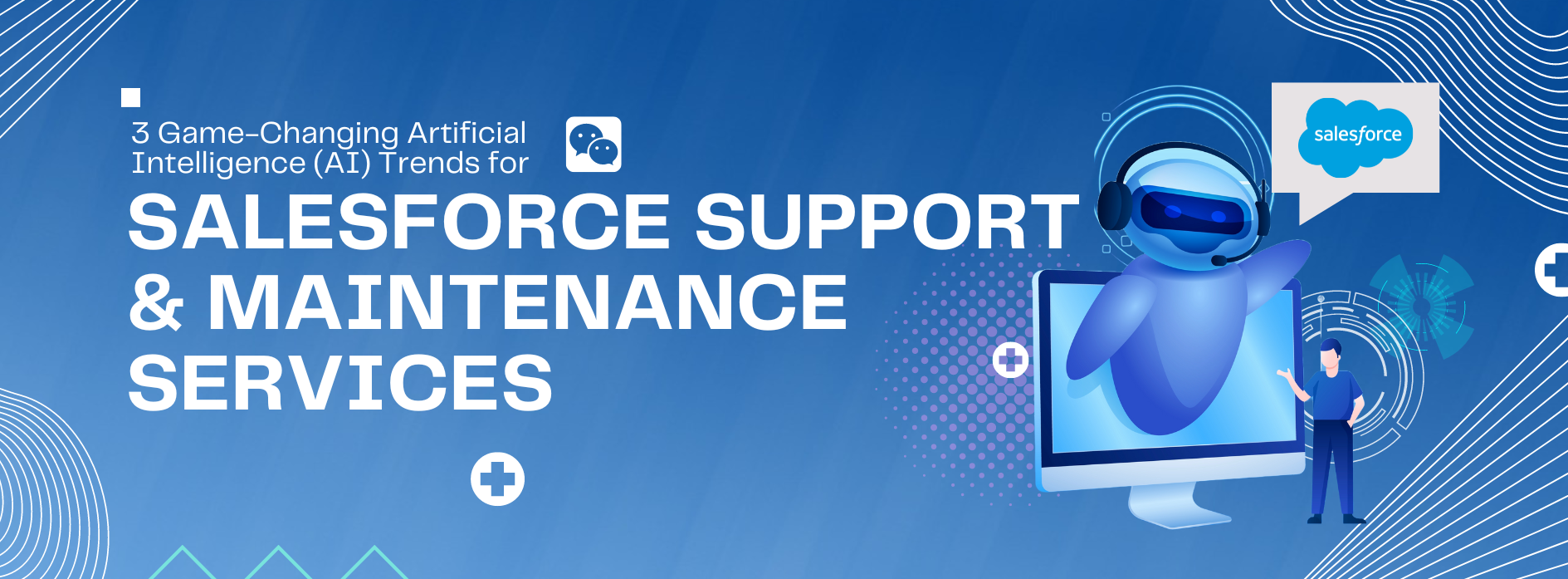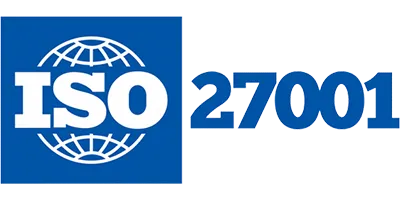Businesses are expanding exponentially, and so the solution that could help them manage the humongous data collected every day. According to a survey by Sharespost, 95% of businesses are looking for a solution that helps them manage their unstructured data. Here comes the concept of data lakehouse and platforms that accelerate such data houses, such as Salesforce Data Cloud.
It is built on data lakehouse technology and helps you collect data from diverse sources, harmonize your data, and much more. You can hire a Salesforce CRM development company and leverage the platform.
Coming back to the basics, what is a data lakehouse?
In this post, we will discuss data lakehouse and ways businesses can use this technology to manage the massive volume of data.
Understanding Data Lakehouse and Its Features
According to a report, the global data collection & labeling market size is valued at 2.22 bn USD. We can expect it to reach USD 17.10 billion by 2023.

The surge in market size is proof that businesses are more inclined towards technology for data collection and management.
Technology like data lakehouse emerged as a novel data management architecture that is helping scaling businesses collect data from separate data sources to combine it for operational actions, reporting & analysis tasks.
A sturdy data lakehouse helps you save the efforts and costs that you put into automation, personalization, business intelligence, and artificial intelligence. It promotes innovation without sacrificing efficiency and productivity.
Data Lakehouse Architecture
Data lakehouse is a broad term that will be onerous to understand without classifying its elements. Let’s first break down the evolution of data lakehouse:
Data Warehouse
We all are well aware of this term. A data warehouse is a large, centralized repository of data that is designed to support business intelligence (BI) activities such as reporting, analysis, and data visualization. A data warehouse is typically used to store structured and pre-processed data that has been cleaned, transformed, and organized according to a predefined schema. The data is stored in a way that makes it easy to retrieve and analyze, and the schema is optimized for fast querying and reporting.
Data Lake
A data lake is a centralized repository of raw, unstructured, and semi-structured data that is designed to support advanced analytics and data science activities. Unlike a data warehouse, a data lake does not have a predefined schema, and the data is stored in its native format. This means that data can be ingested into the lake quickly and easily, without the need for complex data transformation or preprocessing. Data lakes are often used to store large volumes of data from multiple sources, including IoT devices, social media, and clickstream data.
Data Lakehouse
A data lakehouse is a hybrid data storage architecture that combines the benefits of both data warehousing and data lakes. A data lakehouse is designed to support both BI and advanced analytics workloads, providing the scalability and flexibility of a data lake with the structured querying and reporting capabilities of a data warehouse. The data in a data lakehouse is stored in its native format but is also structured according to a predefined schema. This allows businesses to query the data in real-time using SQL or other standard BI tools while enabling data scientists to access and analyze the raw data for advanced analytics.
The key differences between data warehouse, data lake, and data lakehouse are summarized in the table below:
| Data Warehouse | Data Lake | Data Lakehouse | |
| Data Structure | Structured | Unstructured | Structured |
| Schema | Predefined | None | Predefined |
| Data Ingestion | ETL | Direct | Direct |
| Querying | Fast | Slow | Fast |
| Analytics Support | BI | Advanced | Both |
| Data Types | Structured | Unstructured | Both |
What Types of Businesses Need Data Lakehouses and Why?
The present epoch belongs to Data. A company that has the latest, updated, processed, and managed data collection, is performing exceptionally well in the market. Every day businesses generate petabytes of data across hundreds & thousands of sources, but unfortunately, all the collected data are majorly stored in silos.
Data lakehouse solves this challenge for businesses and helps them make a real impact by enabling them to market faster and deliver value to their customers.
One of the best things about data lakehouse is that it can help your business lower costs, mitigate developer-related backlogs, and make your team more efficient.
Some examples of businesses that could benefit from a data lakehouse include:
E-commerce companies
E-commerce companies generate a large volume of data from various sources, including customer data, transactional data, and product data. A data lakehouse can help these companies store and analyze this data in real-time, providing insights into customer behavior, product trends, and sales patterns.
Healthcare organizations
Healthcare organizations generate a vast amount of data, including patient data, clinical data, and research data. A data lakehouse can help these organizations store and analyze this data to improve patient care, track disease outbreaks, and develop new treatments.
Financial services firms
Financial services firms generate a lot of data, including transactional data, customer data, and market data. A data lakehouse can help these firms store and analyze this data to gain insights into customer behavior, identify fraud, and make better investment decisions.
Media and entertainment companies
Media and entertainment companies generate a lot of data, including social media data, website data, and user engagement data. A data lakehouse can help these companies store and analyze this data to gain insights into audience behavior, content preferences, and advertising effectiveness.
Transportation and logistics companies
Transportation and logistics companies generate a lot of data, including shipping data, inventory data, and supply chain data. A data lakehouse can help these companies store and analyze this data to optimize their supply chain operations, reduce costs, and improve delivery times.
What will Happen to Your Existing Investments in Data Solutions?
There’s some good news for you. Data lakehouse comes with open data protocols. It means the lakehouse can easily get integrated with the legacy apps & systems.
You do not have to get rid of your existing solution. Hire Salesforce Data Cloud experts, and certified Salesforce professionals will help you excellently implement Data lakehouse with your current system.
Use Salesforce Data Cloud – An Engine that Powers Complete Customer 360
Salesforce Data Cloud can be a valuable tool for organizations that are looking to build and maintain a data lakehouse. By providing access to a wide range of high-quality data from a variety of sources, Salesforce Data Cloud can help organizations create a more comprehensive and robust data lakehouse.
Here are some of the ways that Salesforce Data Cloud can be helpful in a data lakehouse environment:
Data integration
Salesforce Data Cloud provides a range of tools and connectors that allow organizations to integrate data from a variety of sources into their data lakehouse.
It can include data from external data providers, third-party applications, and internal systems. Salesforce consultants can help you integrate the collected data into the data lakehouse, and organizations can gain a holistic view of their business operations as well as customers.
Data Enrichment
Salesforce Data Cloud is equipped with the tools that allow organizations to enrich their data with additional information such as social media profiles, demographic data, and firmographic data. The enriched data can provide additional context and insights into the data in the data lakehouse.
Data quality
This exemplary SF platform also comes with a large variety of tools that can help organizations ensure superior quality of their data in the data lakehouse. It also has tools that can identify and remove duplicate data, standardize data formats, and validate data against predefined rules and criteria.
Data segmentation and targeting
Salesforce Data Cloud allows organizations to segment their data into different categories based on specific criteria, such as customer demographics, purchase history, or behavior. Organizations can target their marketing efforts more effectively by tailoring their messages and offering customer-centric services.
Data analysis and reporting
It comes with powerful analytics and reporting tools that can help organizations analyze their data and gain insights into their business operations and customers. Data Cloud helps businesses create dashboards and reports, perform predictive analytics, and identify trends and patterns in the data.
Conclusion
We hope you must have got the answers to the question, what is data lakehouse? Salesforce Data Cloud can be a valuable tool for organizations that are looking to build and maintain a data lakehouse. By providing access to high-quality data from a variety of sources, Salesforce Data Cloud can help organizations create a more comprehensive and robust data lakehouse that can support a wide range of business needs and objectives.
Hire a Salesforce CRM development company, and get professional guidance. The experts’ advice will help your business leverage the full potential of data lakehouse and Salesforce data cloud.










